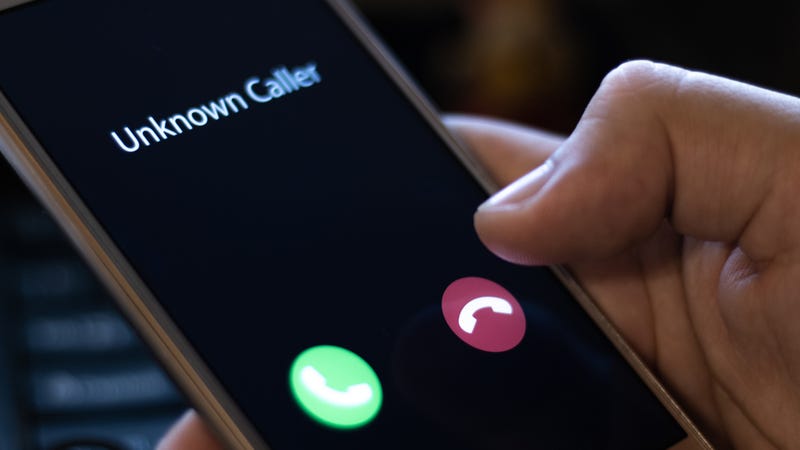
The Federal Communications Commission on Thursday outlawed robocalls that contain voices generated by artificial intelligence, a decision that sends a clear message that exploiting the technology to scam people and mislead voters won’t be tolerated.
The unanimous ruling targets robocalls made with AI voice-cloning tools under the Telephone Consumer Protection Act, a 1991 law restricting junk calls that use artificial and prerecorded voice messages.
The announcement comes as New Hampshire authorities are advancing their investigation into AI-generated robocalls that mimicked President Joe Biden’s voice to discourage people from voting in the state's first-in-the-nation primary last month.
The New Hampshire Attorney General John Fornella says they traced back those calls to a North Texas company called Life Corp, and said they were transmitted by a company called Lingo Telecom.
Life Corp's office sits in a strip mall on South Cooper Street in Arlington, and it has at least 20 aliases, including TextToSurvey, the name that appears above the storefront.
New Hampshire AG Fornella says he has issued a cease and desist letter to Life Corporation's owner Walter Monk. Monk now faces potential civil and criminal penalties.
According to the FCC, both Lingo Telecom and Life Corp. have been investigated for illegal robocalls in the past. In 2003, FCC issued a citation to Life Corp. for delivering illegal pre-recorded and unsolicited advertisements to residential lines.
Effective immediately, the regulation empowers the FCC to fine companies that use AI voices in their calls or block the service providers that carry them. It also opens the door for call recipients to file lawsuits and gives state attorneys general a new mechanism to crack down on violators, according to the FCC.
LISTEN on the Audacy App
Tell your Smart Speaker to "PLAY 1080 KRLD"
Sign Up to receive our KRLD Insider Newsletter for more news
Follow us on Facebook | Twitter | Instagram | YouTube
